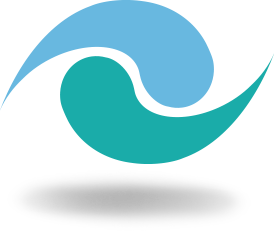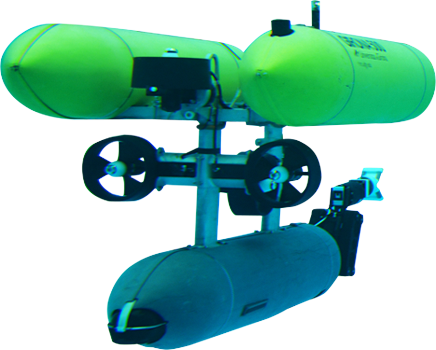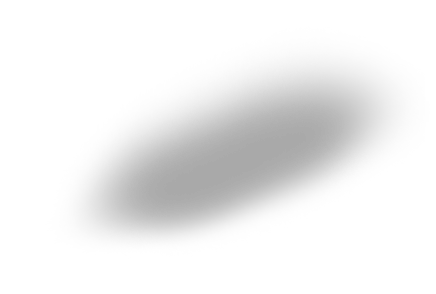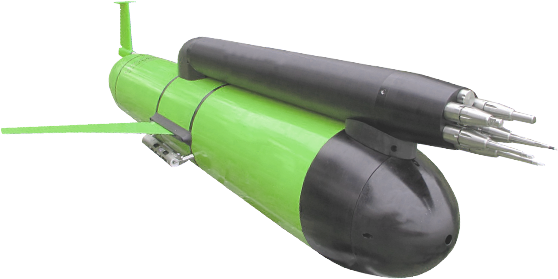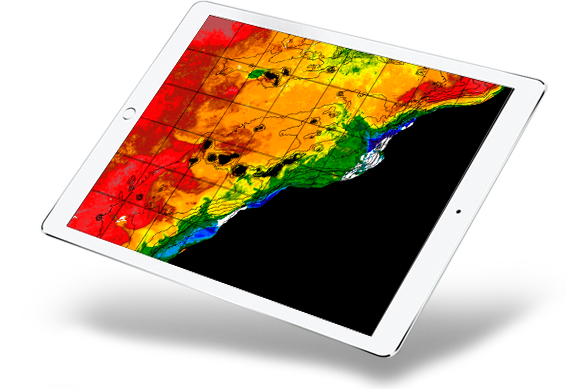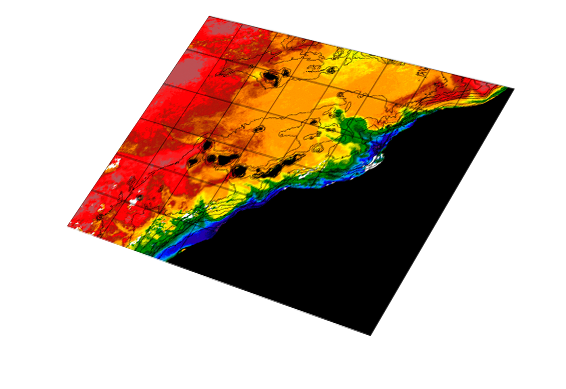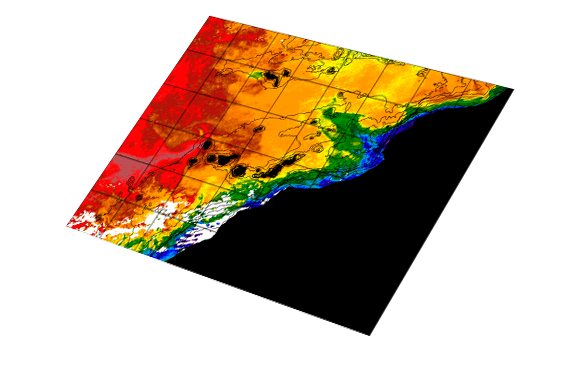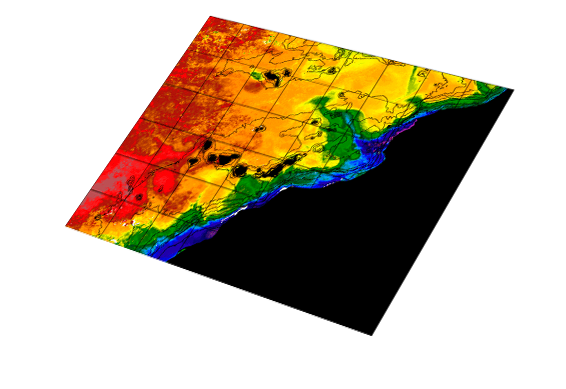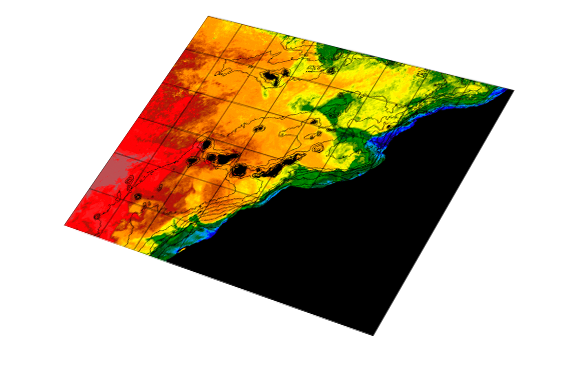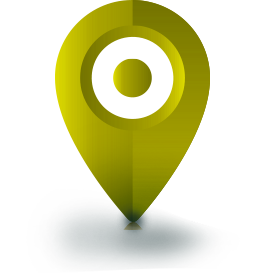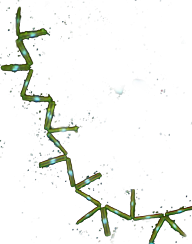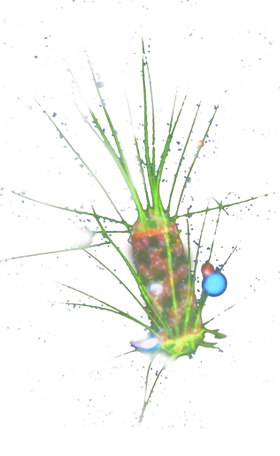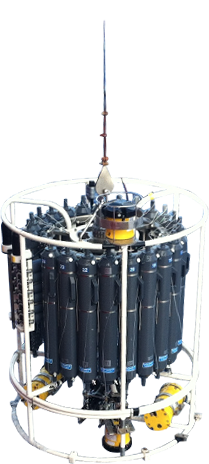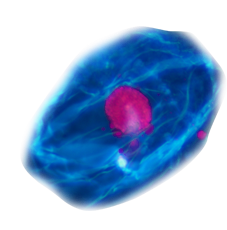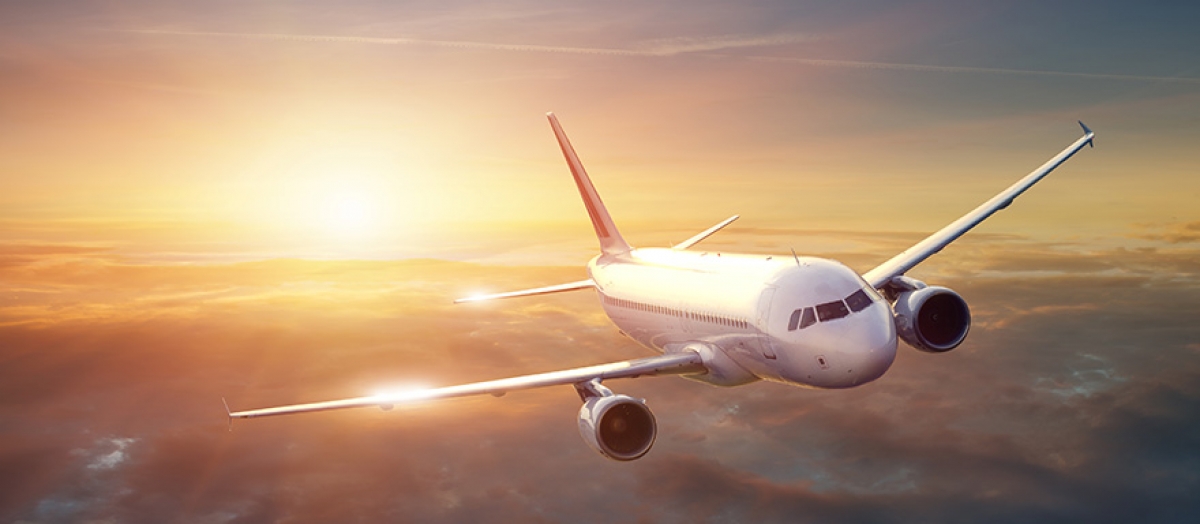
0 comment
Units & Infrastructure

Robotics & Sensorics
VEHICLES
2x Gliders SLOCUM G2 (1000m)

1x AUV Girona G500 (500m)


Navigation & Data Management
SENSORS
- CTD (x2)
- MicroRider
- DVL/ADCP
- Oxímetro
- Fluorómetro
- Radiómetro PAR
- Sensor de nitratos

Analytical & Oceanographic Instrumentation
INSTRUMENTATION
- CTD (x18)
- Sensor pCO2
- Sensor pH
- Carbotheca
- Fluorómetro sumergible
- Fluorómetro de laboratorio
- Perfilador zooplancton
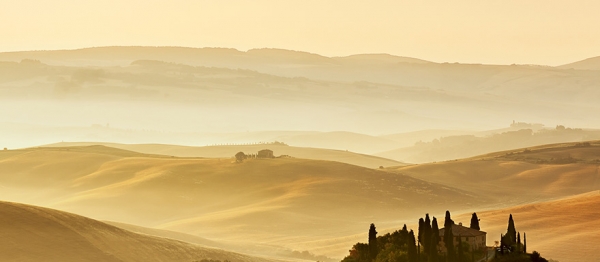
0 comment
Staff

0 comment
Mission & objectives
SITMA is a new service operating in the Canary Islands offering scientific and technological solutions in the marine/maritime context; a determined initiative to apply science to the challenges and needs our society currently faces.
The main goals of the Marine Technology Service are:
- To make the structure of research groups in cutting-edge disciplines more competitive, including by incorporating robotics into marine sciences.
- To increase scientific productivity and knowledge by fostering new R&D&I partnerships, contracts and projects in the marine/maritime field.
- To support the regular activity of the ULPGC’s researchers and their partners in basic and applied research.
- To offer support in instrumentation and scientific advice to companies and public bodies in the marine/maritime sector in joint projects.
- To foster relationships and collaborations in networks and programmes at a national, European and international level for research/monitoring in the field of high-performance robotics and marine instrumentation.
- To provide opportunities for specialised training in the fields of marine robotics and sensorics, as well as analytical and oceanographic instrumentation, with increasing potential for professional development.
CONTRIBUTION TO THE REGIONAL BLUE ECONOMY
- To develop excellence in marine/maritime sciences: High-quality scientific output, knowledge transfer and development of human capital.
- To promote sustainable blue growth: Intelligent specialisation in R&D&I, knowledge/technology transfer and sustainable use of marine biodiversity.
- To take advantage of the Canary Islands as a natural laboratory: Natural environments, first-rate scientific infrastructure, well-qualified staff and specialised services.
- To contribute to positioning the Canary Islands as the benchmark for intelligent development in the Atlantic: Science and technology for innovation, cooperation and sustainable and intelligent businesses.
- To contribute to the key challenges in ocean conservation: Monitoring climate change, sustainable use of marine resources and development of an intelligent bio-economy.




